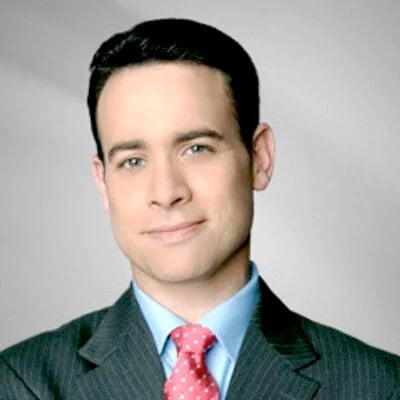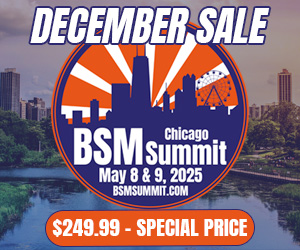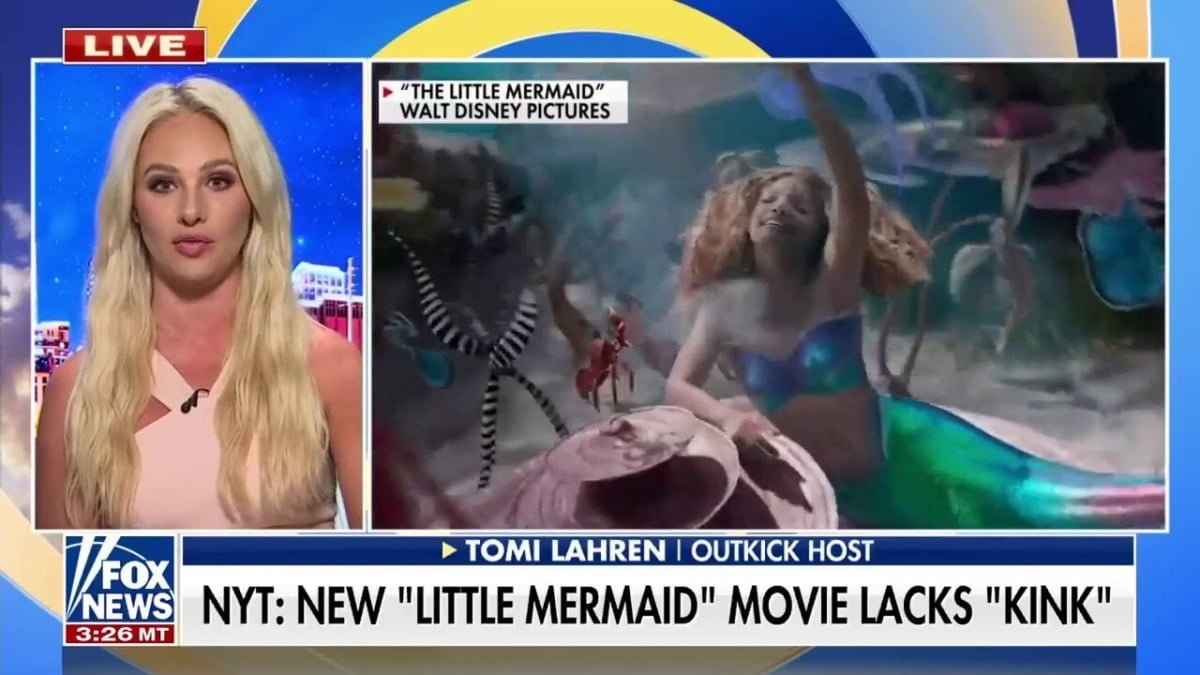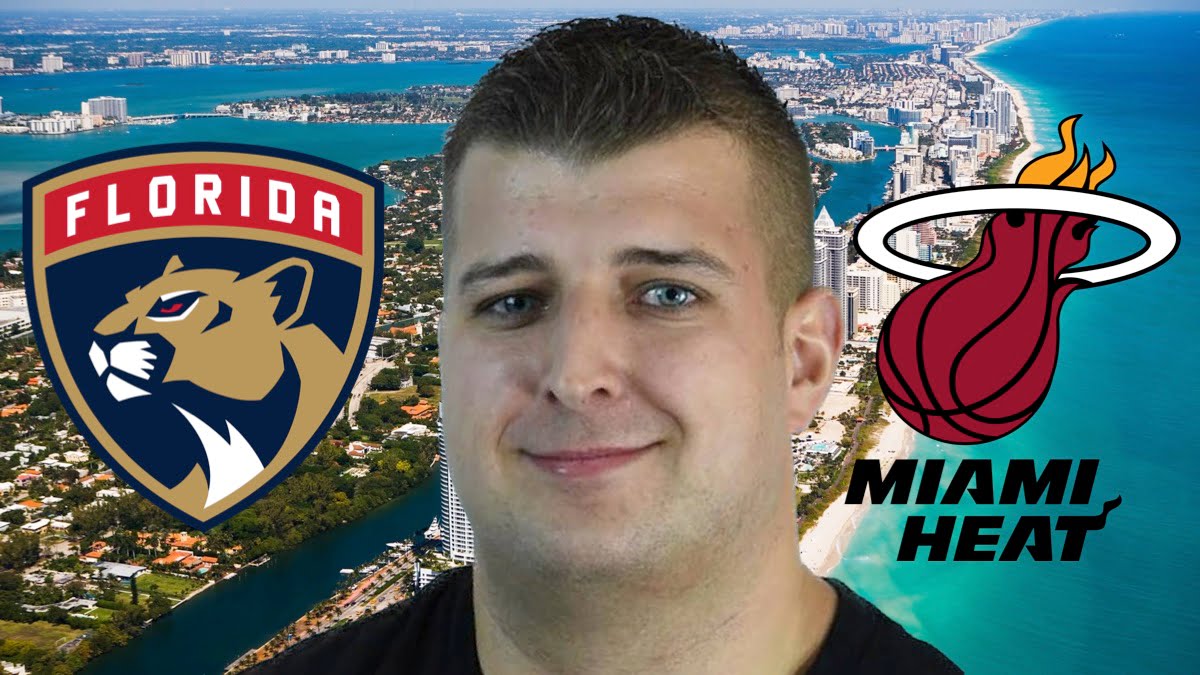Like many of my age group, I’ve worked in every medium – print, digital, magazines, radio and TV.
Unlike most, I began on the cutting edge of new media in 1998 (yikes!), and 25 years later, I’ve found myself on the other end of the spectrum, namely AM radio.
Shouldn’t that be in reverse?
Well, it’s not, and that’s the point of this column. I find myself immersed in a medium everyone seems to be writing off, yet somehow, I am as professionally motivated and satisfied as ever.
Before unpacking that, a brief history. After freelancing for various newspapers and niche magazines while in graduate school, I received a big break late in the winter of ‘98 (yikes again!).
While a stringer for the Worcester Telegram & Gazette, I met David Albright at the NCAA Frozen Four. Who’s he? I have no idea what he’s up to these days, but back then, he was an early east coast employee of Starwave.
Starwave? You mean Star Lord from Guardians of the Galaxy? No, I mean Starwave.
You see, back then, the major sports entities – from the major pro leagues to ESPN – outsourced their nascent web operations. Websites like ESPN – it was called ESPN SportsZone back in the day – and the NFL were initially run by one company out of Seattle.
Starwave.
By ’98, someone at the top of the ESPN food chain must have realized what was to come because just before I went to Bristol, CT, they began to move editorial operations eastward. They also began the process of buying the business entirely.
You would think that anyone would jump at the chance to work at the Worldwide Leader, but it turns out, some folks liked the Starbucks coffee better in Seattle than the Dunkin’ in Bristol, Connecticut.
That meant openings in Bristol, and David Albright was my opening.
From our conversation in the hot dog line in the media space at the Garden (The Fleet Center back then?), I ended up with a job and quit graduate school to be an entry level editor ESPN.com. The site was so well regarded in Bristol that they literally put us in a basement (Building #3!), and almost none of the on-air talent would speak to us. I remember Danny O’Neil taping analysts off our TVs onto a run-of-the-mill audio recorder, transcribing the tape and then posting the copy on ESPN.com. That was a large part of his job.
Flash forward a few years, after John Walsh transformed the site, bringing on the likes of Bill Simmons and Hunter Thompson — and the internet became king — ESPN.com got more eyeballs than any ESPN show. Analysts begged for columns and real estate on the site. The culture of acceptance changed right before all of our eyes.
I wasn’t there for long, but I was there as things started to skyrocket.
Flash forward 25 years.
I work in AM radio.
Yes, that AM radio, the one they’re trying to keep out of new cars. The medium your parents and grandparents listened to, and you (me) remember crawling into your parents’ bed on snow days to wait for “S” in the alphabet to know that schools in Swampscott, MA were shut for the day.
FANG stocks (Facebook, Amazon, Netflix, Google) are where the growth is now, and radio is ANANG (All nostalgia and no growth).
But two things are true. I am totally happy. And I’ve totally changed how I operate.
First, the former. I am off script. I have direct input with booking. I can mix in everything I love – politics, business, sports, movies. Smaller staffs mean less opportunity for social media and public outreach, but it also means more editorial freedom.
That freedom has been positively cathartic, and the shows are awesome.
But as many of you know, terrestrial radio is a tough business right now. Life in AM radio is that much tougher. That’s where the operational shift comes into play.
Whereas just five years ago, I was a TV anchor who refused to even read promos. “I’m a journalist!” (said in a ‘pass the Grey Poupon’ type of voice). Now, I am actively talking with sales all the time, sharing ideas, even bringing people to them. I interact with businesses all the time, and some perfectly align with our values – and have owners who love the show.
Five years ago, I would have needed an exfoliating shower to deal with the grime, whereas now, I embrace it. Because I have to if I want the show to succeed – and keep doing the work I am enjoying so much.
I could never be in sales full time as that type of dialogue needed would probably wear me down over time. But if someone owns a business and says they listen every day, I might say, “Then come on board!”
I cultivate relationships because I truly enjoy people, and I believe audiences are built one listener at a time, and instead of scoffing at taking the next step, I just take it.
Who knows what will happen with a show like mine – succeed in AM, simulcast, syndicate … whatever. But it can still thrive if hosts help the business side. It should never impact the product – I always say I reserve the right to ask and say what I want – but it certainly can help keep the product on the airwaves a lot longer.

Brian Shactman is a weekly columnist for Barrett News Radio. In addition to writing for BNM, Brian can be heard weekday mornings in Hartford, CT on 1080 WTIC hosting the popular morning program ‘Brian & Company’. During his career, Brian has worked for ESPN, CNBC, MSNBC, and local TV channels in Connecticut and Massachusetts. You can find him on Twitter @bshactman.






